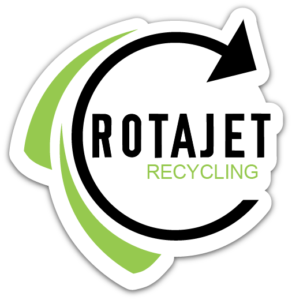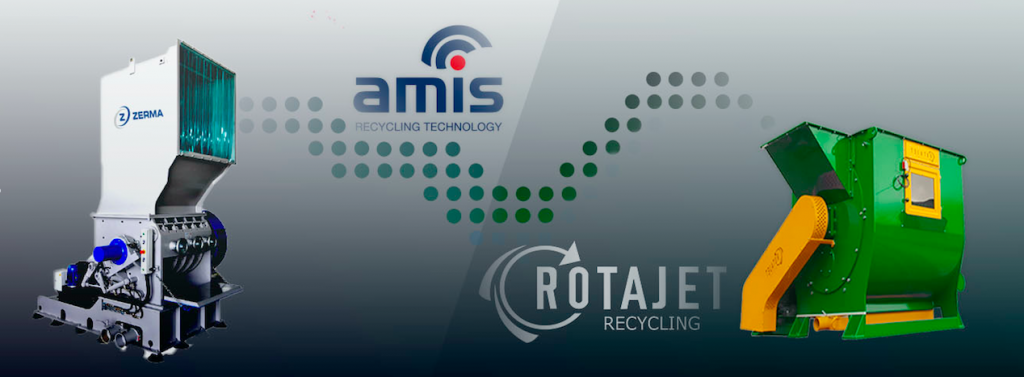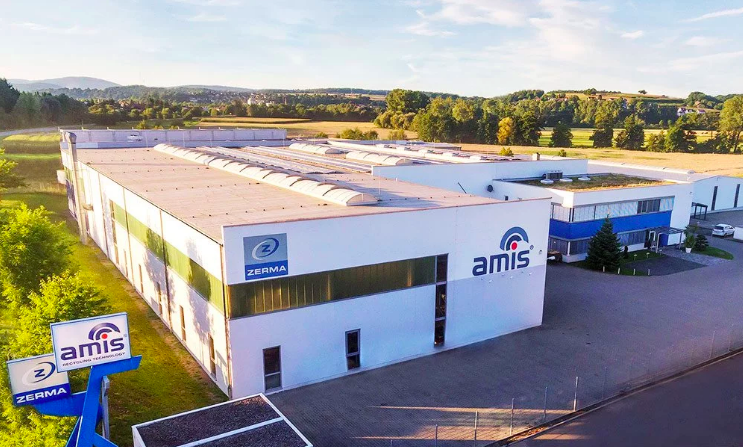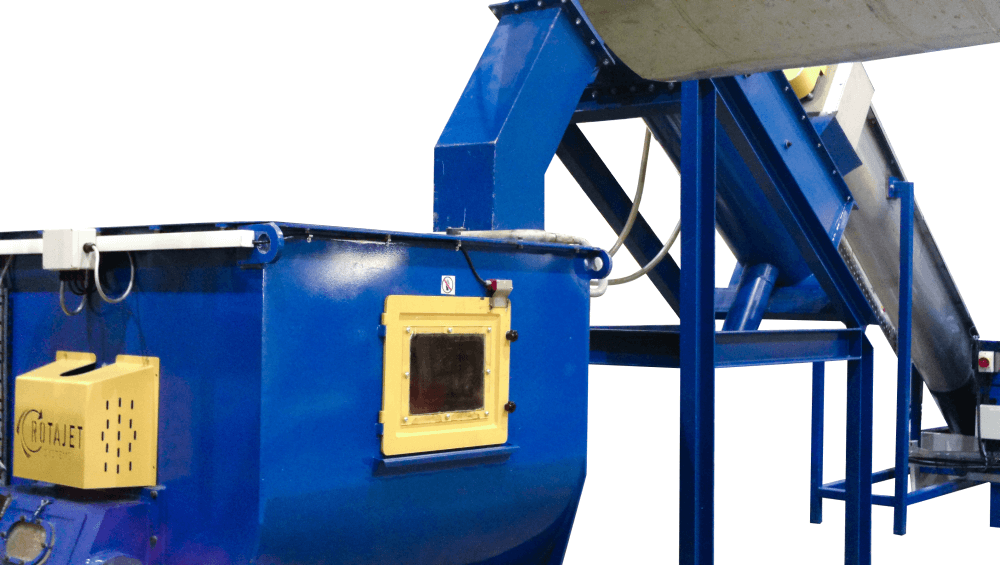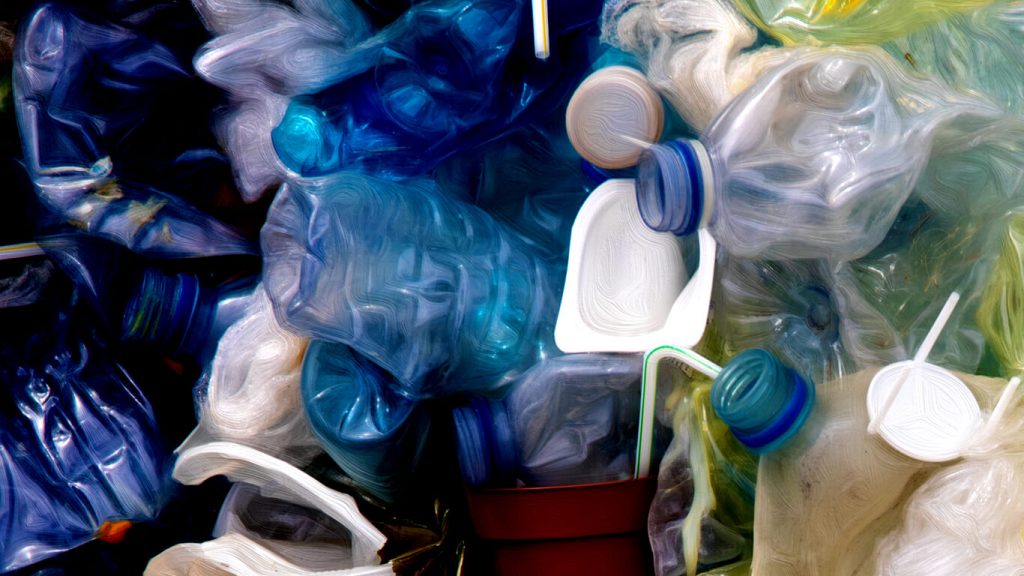Following recent revelations from a Greenpeace investigation on UK plastic exports, campaigners have urged the UK government to “take control” of the plastic problem. The investigation which took place across 10 sites in Southern Turkey has brought to life how UK plastic waste exports have been illegally dumped and burned rather than recycled.
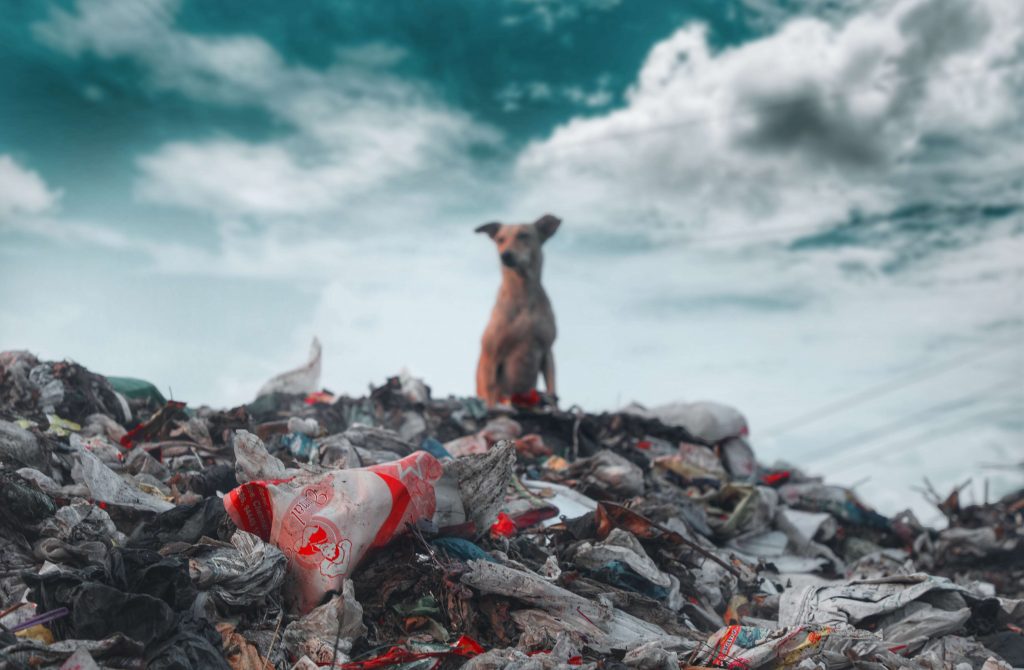
Since China announced it would no longer be accepting imported plastic of less than 99.5% purity, the UK has turned to alternative countries to help manage waste since January 2018, including; Turkey, Malaysia, Poland, and Indonesia.
Last year alone, 210,000 tonnes of the UK’s plastic waste was exported to Turkey where reports state that the material was burnt and dumped in various locations such as roadsides, fields, and waterways.
A spokesperson for Greenpeace Turkey has reported that as many as 241 truckloads of plastic waste are imported from countries across Europe each day.
Alongside other countries across Europe, the UK’s plastic waste exports have been overwhelming Turkey’s recycling system, which does not have the capacity to cope with the high volume of materials.
“Governments need to take control of their own plastic problems”, says Manfred Santen, Chemist at Greenpeace Germany. “German trash has to be treated in Germany.”
With a similar sentiment, a spokesperson from the UK’s Department for Environment, Food and Rural Affairs has said “we are clear that the UK should handle more of its waste at home”.
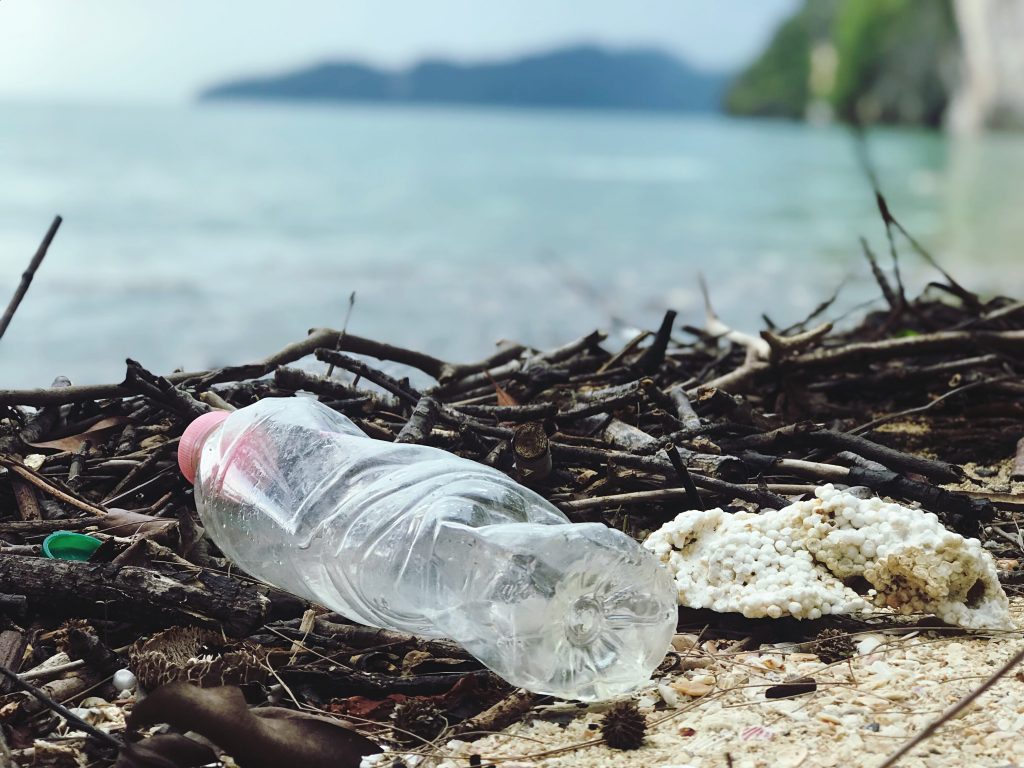
Since the Coronavirus outbreak in 2019 and the resulting strain upon importing and exporting of goods, there has been an increased focus on products being ‘Made in the UK’. But many now fear there is a discrepancy between the amount of material that is used and recycled within the UK.
The latest UK Statistics on Waste report has estimated that the UK uses 5 million tonnes of plastic each year, of which around 45% is recycled (including exported materials). This goes to say that each year 2.75 million tonnes of plastic waste goes unrecycled by the UK every year; representing a huge loss of potential opportunity for plastic recyclers.
With fingers now pointing at the UK government to deal with the UK’s waste plastic, many have suggested introducing a ban on the exporting of these materials in favour of a UK-based recycling infrastructure.
As around two thirds of the UK’s plastic waste is currently being sent overseas this would be no easy-feat; however, the long term benefits could include a great deal of opportunity for UK-based recyclers. UK companies are also being urged to close the loop on their plastic production by taking responsibility for the way that their waste plastic is managed.
Whilst offering the opportunity for the UK to stay in control of its waste management, the solution would also help to reduce the emissions and costs involved with the transportation of waste.
The UK’s Department for Environment, Food and Rural Affairs has responded to campaigners, saying that “the UK is a global leader in tackling plastic pollution and our proposals for extended producer responsibility for packaging, a plastic packaging tax and mandatory electronic waste tracking will boost recycling rates, reduce waste and cut crime.”

UK-based recycling machinery manufacturer Rotajet Systems has experienced the effects of these regulations firsthand, with Company Director, Colin Steward, saying “we’ve experienced a significant rise in demand for our recycling plants to deal with the volume of industrial and household plastic waste being produced across the UK.
It’s great to see more and more UK companies putting these systems in place to deal with plastic waste in a way that is sustainable, environmentally-friendly, and even profitable.”
With the necessary infrastructure in place, this would suggest that the UK has the capacity to deal with more of its own plastic waste without the need for exporting materials elsewhere.
Whilst this would provide a financial solution to the environmental problem, this in-country way of dealing with plastic waste could also open up potential business and employment opportunities to UK citizens.
